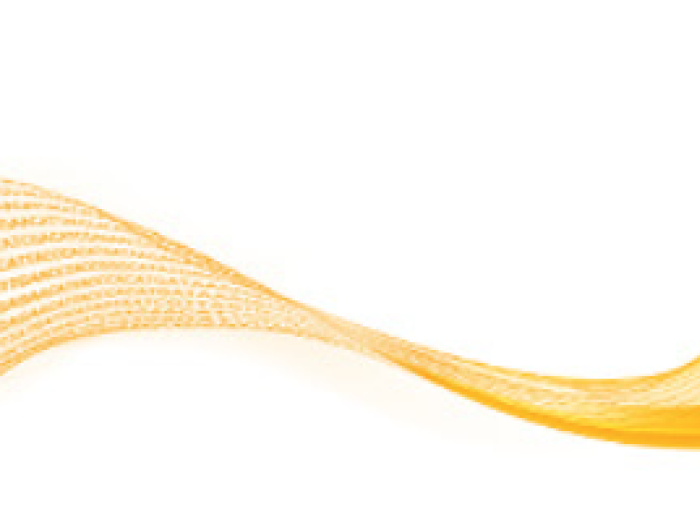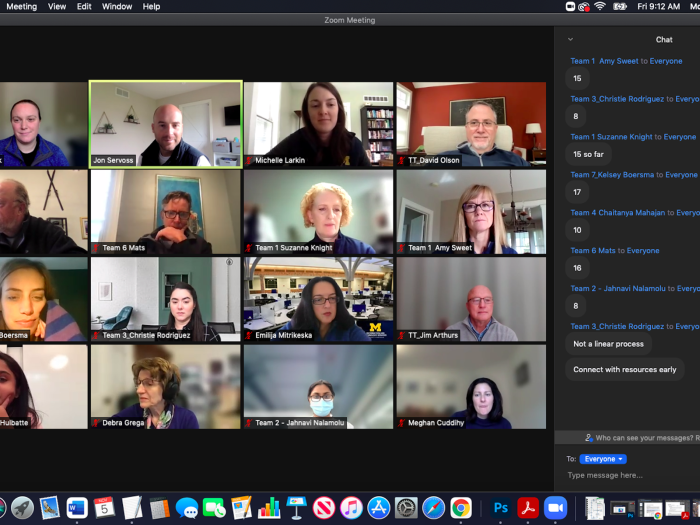While moving discoveries from bench to bedside as quickly as possible is a top priority, we are dedicated to doing so with integrity and in a safe, compliant, and ethical manner.

Grant Services & Analysis provides an up-to-date list of Authorized Signers to contact for unit and school review/commitments. This list contains all department authorized signers for Medical School effort and space, as well as authorized signers for Hospital and Health Center space.
To facilitate the effective review of proposals, Grant Services & Analysis requires certain proposal components be complete at the time the proposal is routed. Those required components are outlined by sponsor/proposal type on the Required Proposal Components page.
Grant Services & Analysis also provides the following resources:
Before being sent to the proposed sponsor, every grant or contract application must be submitted for prior approval through the appropriate University channels. The Proposal Approval Form (PAF), which is part of the eResearch Proposal Management system, accompanies the proposal to record the appropriate signatures to indicate approval of the proposed project.
A research study in which one or more human subjects are prospectively assigned to one or more interventions (which may include placebo or other control) to evaluate the effects of those interventions on health-related biomedical or behavioral outcomes. Correctly identifying whether your study is a clinical trial is crucial in complying with NIH policies and Michigan Medicine.
Submitting an intake form allows the appropriate Clinical Trial Support Unit to determine what services a study team may need and initiate pre-award support. When filling out the Intake Form, you will need to know principal investigator information, study team contact information, department pre-award research administrator information, and study information, including project title, funding, type of trial, and trial phase.
Clinical Trials Support Units (CTSUs) are business units that partner with investigators and their teams to ensure the timely and efficient activation and execution of clinical trials at Michigan Medicine.
The CTSUs allow investigators to focus on their research and patients, instead of administrative tasks. CTSUs use a standard set of work guides to harmonize elements across the clinical research enterprise while allowing for local flexibility to reflect the uniqueness of various types of research. CTSUs provide mandatory pre-/post-award support and optional study coordinator support. When working with the Support Units, the six non-oncology units may be referred to as M-CTSU and Oncology as O-CTSU.
All clinical research being serviced by a CTSU is managed in OnCore, an enterprise Clinical Trials Management System. OnCore allows for automated standard interfaces with MiChart, which helps reduce duplicate data entry and integrates clinical research billing for increased efficiency and accuracy. OnCore provides subject and financial management for all clinical research at Michigan Medicine.
For more information, visit the Clinical Trials Support Units page.
The Human Research Protection Program (HRPP) is an institutional-wide program coordinated by the University of Michigan Office of Research (UMOR) and composed of the executive officers, research review committees, and other entities that are responsible for protecting the rights and welfare of participants in research conducted or reviewed by the U-M.
As part of the HRPP, the primary goal of the Institutional Review Board of the Medical School (IRBMED) is to protect the rights and welfare of human research subjects recruited to participate in research activities conducted under the auspices of the University of Michigan.
For your convenience, the Medical School Office of Research has curated all policies and guidance documents into Research A-Z, a one-stop-shop for research guidance, templates, policies, and standard operating procedures (SOPs). Research A-Z is managed and regularly updated by the staff of the Medical School Office of Research as a tool for the entire biomedical research community at the University of Michigan.
Conducting animal research? Those polices and guidelines are also available in Research A-Z.
In order to ensure that the highest animal welfare standards are maintained along with the conduct of accurate, valid scientific research at the University of Michigan, Principal Investigators must obtain approval from the Institutional Animal Care & Use Committee (IACUC) before initiating any research, testing, or instructional project(s) that involve the use of vertebrate animals.
The IACUC, along with veterinary staff specializing in laboratory animal medicine, carefully review the goals, objectives, and scientific benefits of all proposed projects to verify that:
- The project has appropriate merit;
- The proposed research complies with all federal, state, and University laws, regulations, and guidelines;
- Humane use guidelines are followed and all animals involved are provided with the best possible treatment and professional veterinary care;
- Those who will be working with the animals have received proper training; and
- Proper practices and procedures are in place to reduce as much pain and/or distress to the animals as possible.
Just getting started? The Animal Care & Use (ACU) Program’s Quick Reference Guide includes all of the information you’ll need to get started with animal care and use at the University of Michigan. At a glance, you'll find:
- The most important animal care and use links to bookmark,
- Featured resources, insider tips, and contact information for six key programmatic areas,
- Contact information for your animal care and use team,
- Frequently required grant data, and
- Ways to keep track of important lab information such as emergency contacts, location of lab records, and a checklist for general lab maintenance.
To learn more about the processes used to review animal use protocols, visit the Animal Care & Use Program website. A complete listing of animal care and use policies, guidelines, and standard operating procedures (SOPs) is available on the Animal Care & Use Program Research A-Z website.
The University of Michigan defines a conflict of interest (COI) as: "A situation where a faculty or staff member is in a position to influence the business, research, or other decisions of the University in relationship to an outside organization that could lead directly or indirectly to financial gain for that individual or the family of that individual, or give improper advantage to others to the detriment of the University." For more information, visit Research Ethics & Compliance.
Within the Medical School, the UMMS Office of Regulatory Affairs works to build and maintain a strong foundation of regulatory good-standing upon which the Medical School’s missions can flourish. They provide resources regarding Conflict of Interest and ClinicalTrials.gov Requirements.
Privacy and security must be a top priority for all to safeguard against the unauthorized disclosure of patient data and other sensitive information. You can receive guidance on privacy and security safeguards when sharing patient health data with collaborators through the Data Office. Ensure that your data is being stored and handled properly by reading Handling Patient Data General Security Guidelines.
In addition, it is your responsibility to ensure all of your devices that store sensitive patient information are encrypted. This includes all removable media or portable electronic devices used to store, transfer, or access sensitive information (refer to Michigan Medicine Policy 01-04-502). For information on how to ensure your device is secured to meet this policy visit the Sensitive Data Guide to IT Services.
1301 Catherine Street
Ann Arbor, MI 48109-5624
North Campus Research Complex (NCRC)
Building 520, 3rd Floor
2800 Plymouth Road
Ann Arbor, MI 48109-2800







